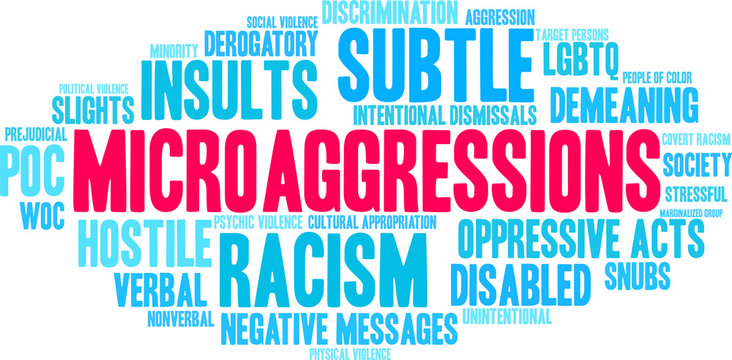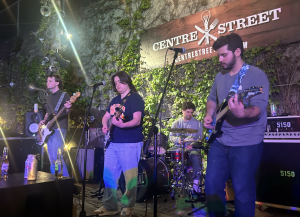What’s in the name? Everything!
April 15, 2021
On a Sunday morning, I sat in front of my laptop screen, nervous yet excited for the ceremony. I had recently received an invitation to the National Chapter of the Leadership Honor Society for the college. The announcer called upon each newly inducted member to say “I accept” on the Zoom call with more than fifty people. The announcer was a student I have been working with for the past few terms. We were also neighbours. I would see her everyday at work. I had taken classes with her too. Half way down the list of A’s she said my name except I didn’t recognize it because it wasn’t my name. It was a garbled mess of sounds that I thought could only be my name. I was red faced because not only did she not know how to pronounce my name, she did not know that it was in fact, my name. I realized that she had asked me for my name but never bothered to remember it. I did not want to make a big deal about it so I said “I accept”. In that moment, I could have corrected her but it would have brought too much attention to me and I have always been wary of attention. Most of the advice I ever received from my parents before they sent me to this country was to assimilate. And even though I would point out how wrong it was, to some extent I had internalized it. I did not want to be different, did not want my “foreign” name to be emphasized.
After this incident, an Asian American friend of mine told me how he had seen an International student not stand up to a bully when they were making fun of his accent. My friend told me that he has the same accent and he was afraid that since the International student hadn’t stood up, he had normalized this behaviour. He told me how International Asian students must learn to stand up for themselves because they are setting a wrong precedent. I argued with him, trying to explain how it can be hard to stand up for yourself when you’re far away from home, when you don’t know what the rules are and all you want to do is not be different. But I understood that while my name was actually “foreign” along with my accent, his was not. His accent, his name were American because he is American but because he looks and talks like me he had to constantly stand up for that identity that is more easily accorded to white Americans. I realised that by not having spoken up at that ceremony I had been complicit in this microaggression. I had allowed the announcer to dismiss my name as if it was not important, as if I was not important. I felt that I had failed as a leader because if at a ceremony to recognize my leadership, I could not stand up to even correct my name, then what sort of example was I setting?
Reflecting back, I realized that this had been an issue even before. My friends would call me “Lion King” for my curly messy hair. One of them even straightened my hair and told me that I look so much better with straight hair. I knew that it was wrong and I knew exactly why it was wrong but I never said anything. A Union barista at Starbucks told me they serve chai after telling me that they were out of mocha. I didn’t ask her why would I want chai and why would she think I need chai because I didn’t want to create trouble and she wasn’t wrong because I was indeed from the land of chai. But what if she had said the same to my Asian American friend? How would he have felt? Is it right that I kept quiet and made her think it was alright to say that? Did she say it again to another brown Asian kid?
While watching Hannibal with a friend, I was told that I would be more likely to be eaten up by the cannibal serial killer because I was “spicy”. When I asked him why, he said that it’s because I’m Indian. I laughed along at the time even though I was uncomfortable. Talking of food, my first year roommate loved Indian comfort food which led my friends to crib about how it made the whole floor smell “Indian”. When I told them that we ate with our hands at home, they scrunched up their noses and mentioned how it was “unhygienic”. I wanted to make new friends and so I laughed with them even though I loved eating the food my roommate would cook and I would always eat it with my hands. “Halloween is not until next week,” a friend told me when I wore an Indian suit for Diwali. When at a frat party, a white frat bro told me that I was beautiful and “exotic‘, I cringed and left but didn’t say anything.
I have come to understand that by keeping these things to myself by not speaking up in the moment, I had allowed these behaviors to perpetuate. Every time that someone mispronounced my name and I didn’t correct them, I was unknowingly saying that it doesn’t matter, that my name doesn’t matter, that I don’t matter. Every time that I was ignoring a microaggression by my own friends, I had been saying that my discomfort doesn’t matter. I had normalized toxic behaviours within the circles of people around me because I placed their comfort and humour in front of my own identity. By doing so, I was at fault. I think it is important to learn to speak up, to express discomfort and be comfortable expressing it because if not me, then who, if not now then when, if not here then where?







